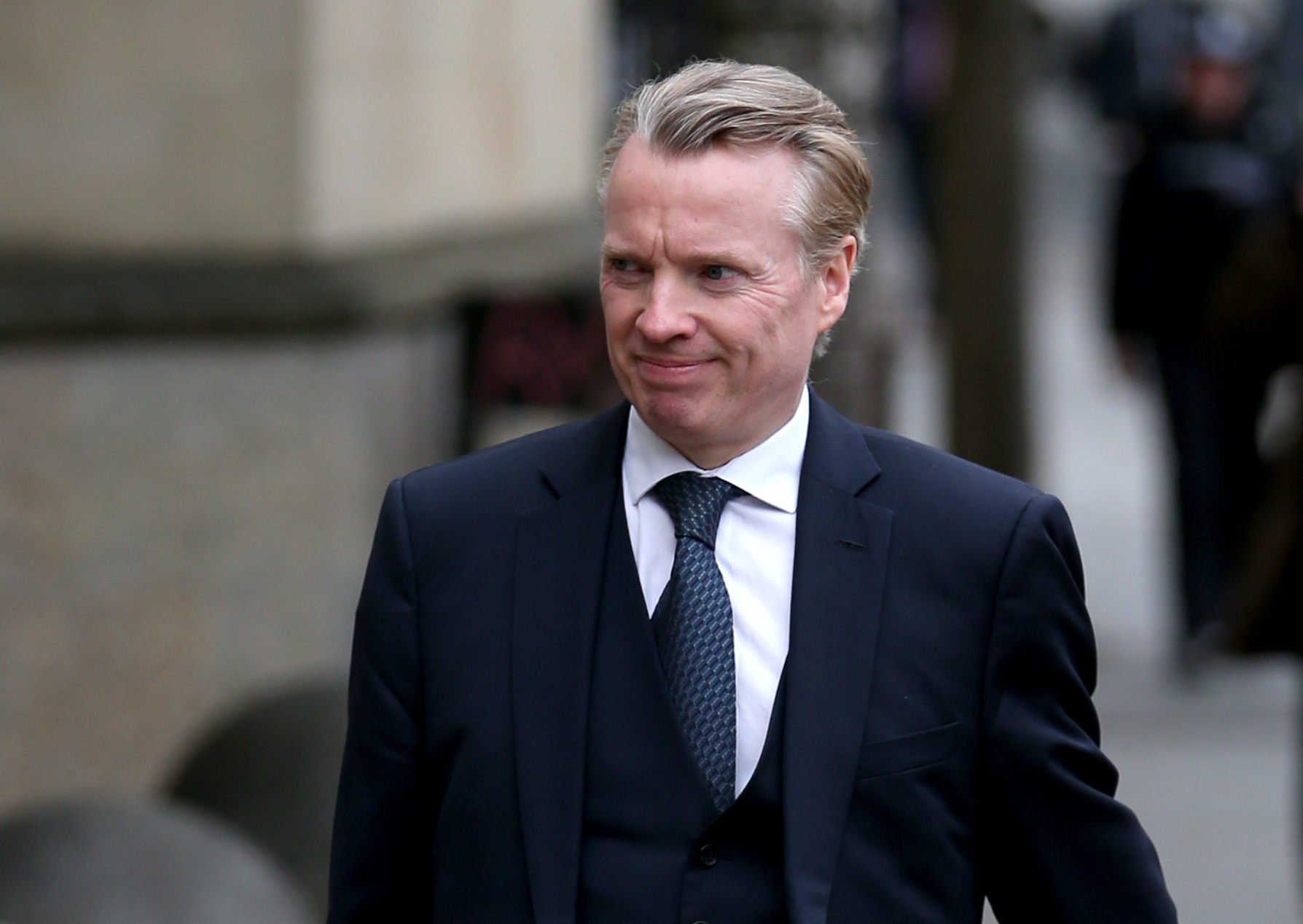
SIR DAVID MURRAY has told a court he would “categorically” not have done a deal with Craig Whyte to buy Rangers if he thought the money to clear the club’s debts was coming from future season-ticket sales.
The former Rangers owner said such a move “wasn’t in the best interest of the club”.
Sir David told a jury he believed the majority or all of the money for the acquisition was coming from Whyte’s “own pocket”.
He said the deal drawn up with Whyte to buy the majority shareholding would have been in the club’s best interests, but it was not seen through as agreed.
Sir David also insisted concerns about Rangers’ financial situation before Whyte took over in 2011 had been “grossly exaggerated”.
Whyte, 46, is on trial at the High Court in Glasgow, where he is accused of acquiring the club fraudulently in May of that year.
He denies the two charges against him, one of fraud and another under the Companies Act.
Prosecutors allege Whyte pretended to Sir David, and others, that funds were available to make all required payments to acquire a “controlling and majority stake” in the club.
The Crown alleges Mr Whyte had only £4 million available from two sources at the time but took out a £24 million loan from Ticketus against three years of future season ticket sales.
Sir David, 65, told the court he became aware there was, in the words of advocate depute Alex Prentice QC, a “Ticketus deal” in 2012.
Mr Prentice asked: “Had it been brought to your attention that the money … came from Ticketus in the form of three years of season-ticket sales, what would your reaction have been?”
“Categorically we would not have done the deal,” Sir David told the court.
“Because it wasn’t in the best interest of the club. It was selling the future and it then would have run out of resources in my opinion.”
The court heard earlier how Sir David, who had owned Rangers from November 1988, put the club up for sale in 2007.
He said he felt his tenure had been long enough and the club possibly needed a change.
He told the court the sale did matter to him and described how he withdrew from one proposed deal with another buyer over concerns about their plans for the future of the club.
Sir David spoke of having a meeting with Whyte in the south of France after becoming aware of his interest in acquiring the club.
“Everything seemed okay at that time, I have to say,” Sir David told the court.
The court has heard the sale was eventually made to Whyte for £1, but came with obligations to pay an £18 million bank debt, a £2.8 million “small tax case” bill, £1.7 million for stadium repairs, £5 million for players and £5 million in working capital.
Sir David said that deal “would have been in the best interests of the club” but added “obviously it wasn’t seen through”.
Jurors have previously heard the club went into administration “some time” after Whyte took over.
Sir David agreed with Mr Prentice that it was important to him that the money for the sale to Whyte was available at the time of the transaction.
He would not have done the deal if that had not been the case, he said.
Sir David told jurors he believed the majority or all of the money for the acquisition was coming from Whyte’s “own sources, his own pocket” and that it was “new money” coming to the club.
Earlier, Mr Prentice asked whether there had been concerns about the financial position of the club prior to Whyte’s takeover.
He told the court that, looking at the last three years of his tenure and the time before that, he believed claims of Rangers’ financial woes had been “grossly exaggerated”.
The trial continues.

Enjoy the convenience of having The Sunday Post delivered as a digital ePaper straight to your smartphone, tablet or computer.
Subscribe for only £5.49 a month and enjoy all the benefits of the printed paper as a digital replica.
Subscribe